How Do I Repair Old Wood...
- Mon to Fri: 09:00 am to 07:00 pm
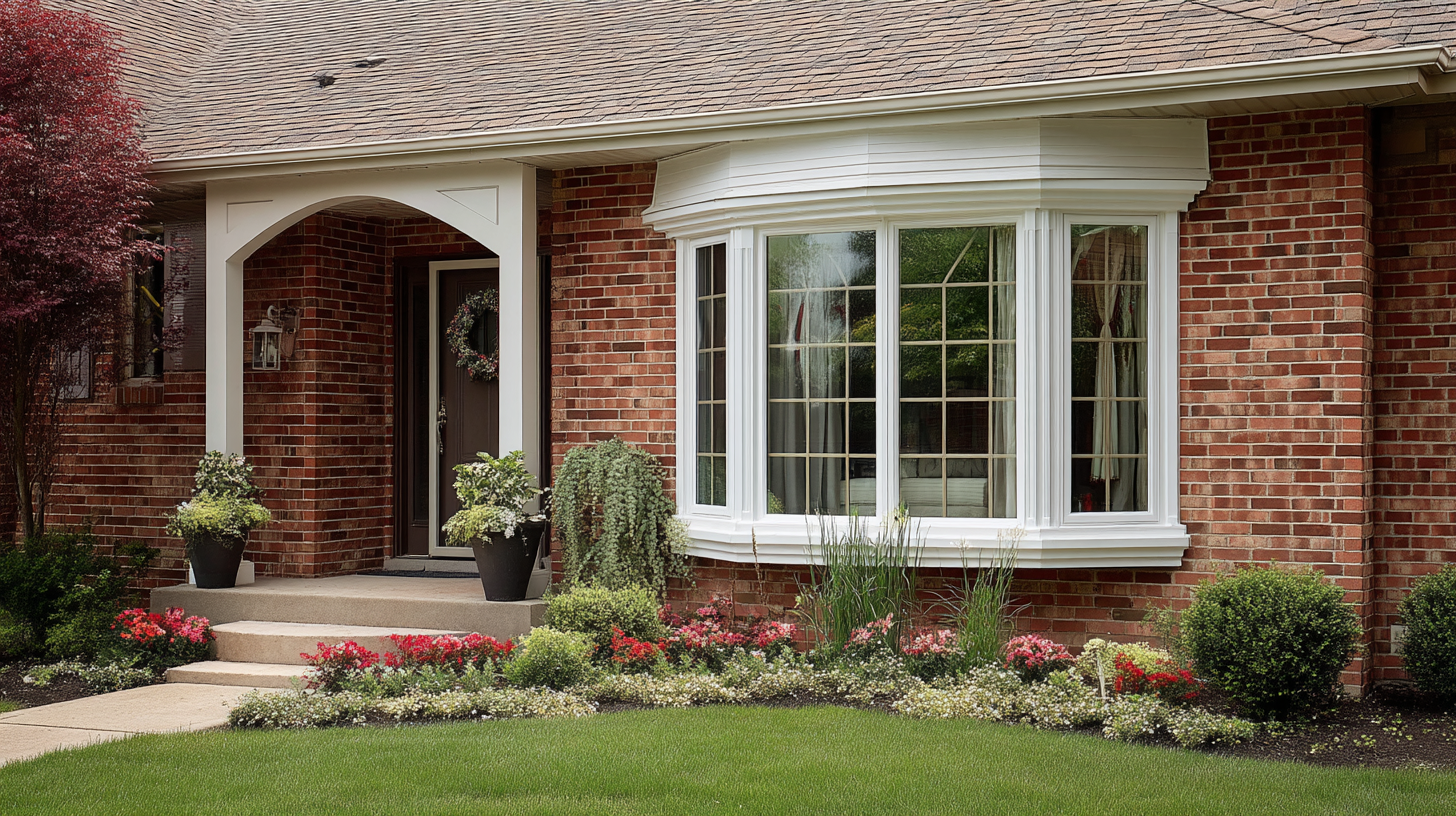
At Pro Superior Construction we understand that homeowners often ask, “how long do vinyl windows last” when considering investments in high quality vinyl windows or comparing wood windows, fiberglass windows, or aluminum windows. In this blog we explore the vinyl window lifespan, why most vinyl windows are such a great value, and what makes replacement windows the right move for energy savings and home comfort.
We’ll cover everything from the durability of vinyl window frames, to how different window materials affect longevity, to tips for minimizing energy costs. You’ll also learn what telltale signs indicate it may be time to replace vinyl windows and how choosing windows wisely with the best vinyl windows and proper installation can deliver long‑term satisfaction and lower energy bills while protecting your bank account.
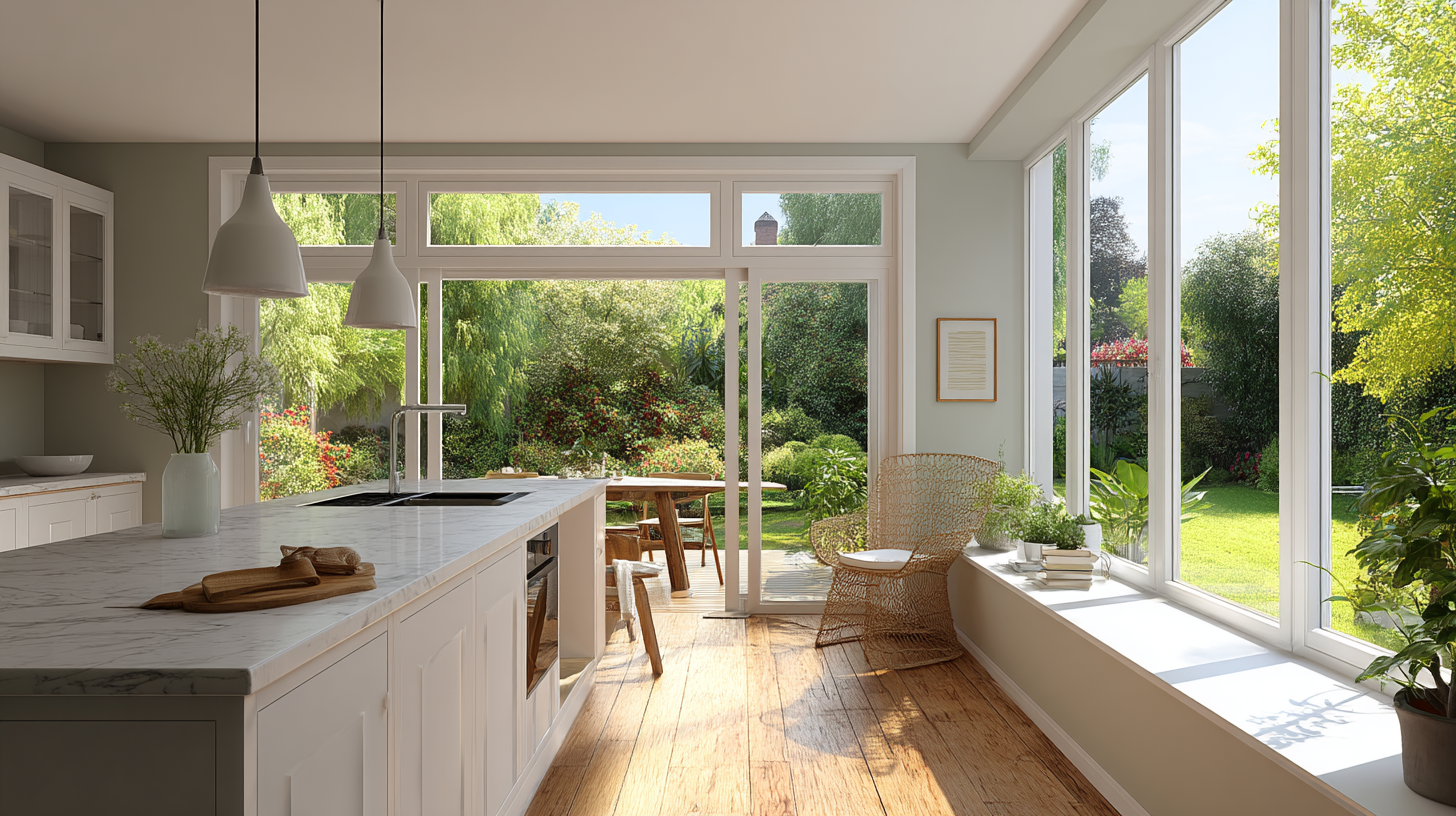
Statistically, the vinyl window lifespan ranges between 20 and 40 years. In hotter climates or with direct sun exposure, this timeline can shorten. On average, wood windows last less, aluminum windows typically last about 15–30 years, and fiberglass windows perform similarly to vinyl windows at 20–40 years.
Quality makes a huge difference. High quality vinyl windows typically last 20 years or longer and in some cases up to 50 years with proper care. Lower quality windows tend to deteriorate much faster, costing you more in the long run.
So how long windows last will vary depending on premium materials, installation accuracy, climate, and routine upkeep. In most cases long vinyl windows lifespans of 20–40 years are reasonable, with quality vinyl windows pushing toward 50 years in ideal conditions.
Vinyl windows offer exceptional energy efficiency, low maintenance, and a long lifespan compared to other window materials. Made with polyvinyl chloride, they resist moisture damage, and most vinyl windows require only a simple wipe‑down with a soft cloth to prevent dirt buildup, avoiding painting or sealing like wood windows. If you’re debating window replacement, vinyl windows often deliver excellent value and energy savings from day one, along with other advantages such as noise reduction from loud neighbors.
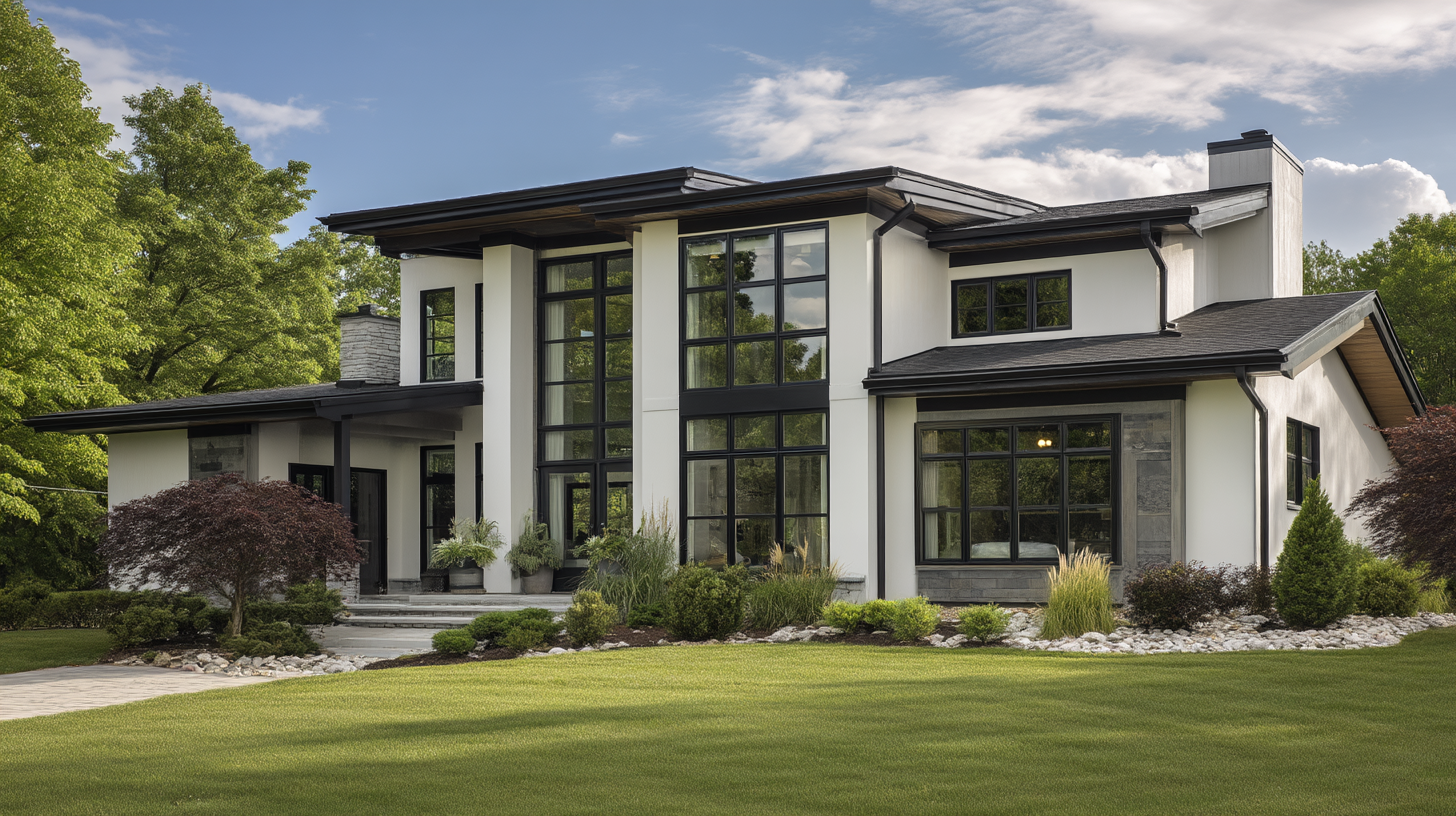
Vinyl resists moisture damage, unlike wood windows, and does not need painting or staining. Routine cleaning with mild soap and a soft cloth keeps them looking fresh and helps prevent dirt buildup. This maintenance requirement is minimal compared to other window materials.
Vinyl’s insulative properties make it inherently energy efficient, helping regulate interior space temperature. High-performance options like casement windows or double hung designs add to this efficiency. Proper sealing helps protect against extreme temperatures and high humidity environments.
Even best vinyl windows can fail early without proper installation. Leaks, warped frames, and drafts result from poor fitting. By choosing Pro Superior Construction for window replacement, you ensure precision installation and durable performance that many most vinyl windows can’t deliver out of the box.
Multi‑chambered vinyl window frames, UV‑resistant coatings, and reinforced sashes help resist fading and structural issues, extending the long lifespan of premium vinyl windows.
Even the long do vinyl windows last still will eventually show signs of wear. Here’s what to look for:
If your old windows are 20+ years old and showing these symptoms, it’s time to seriously consider a window replacement for comfort, safety, and home value.
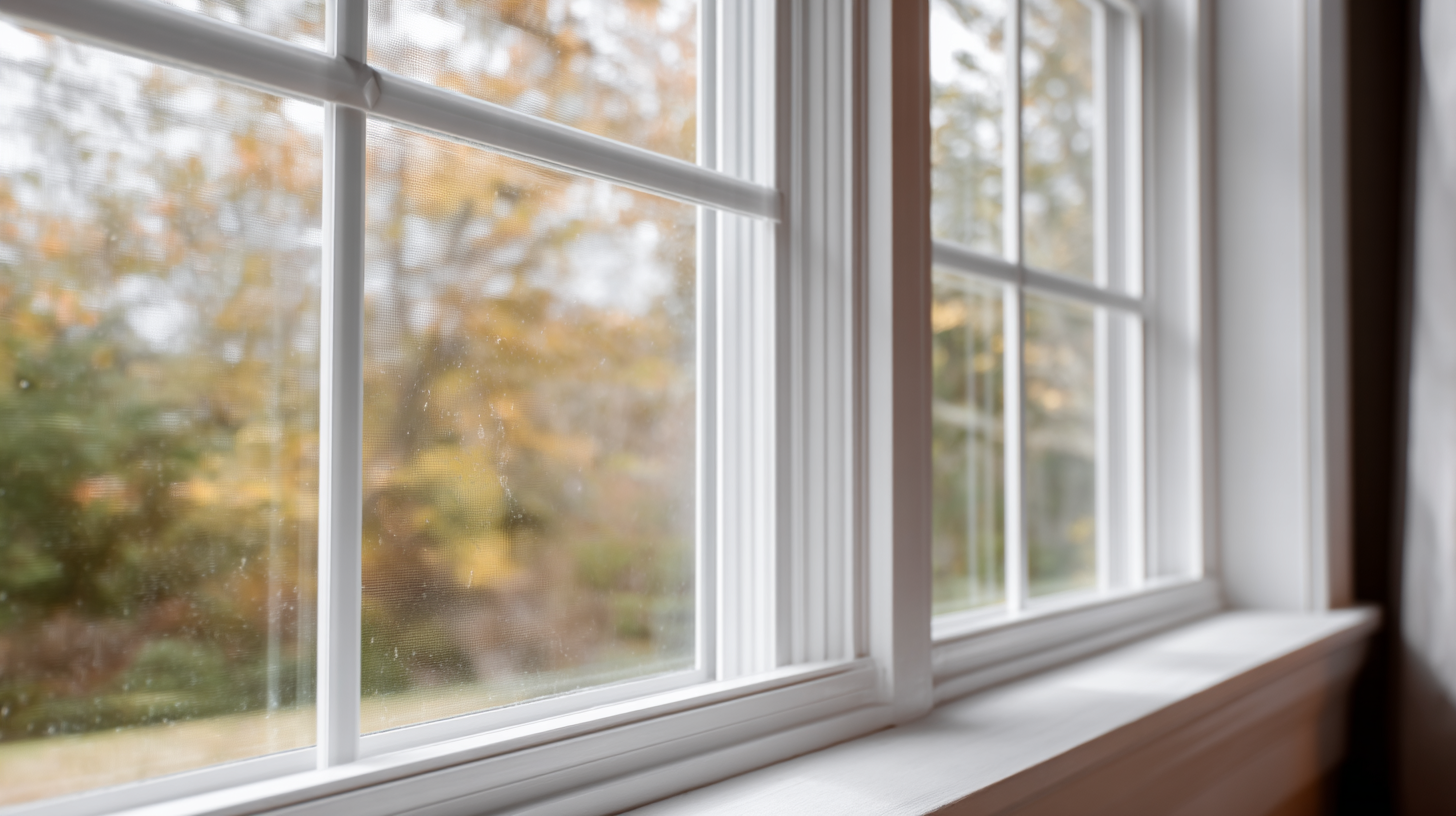
| Window Material | Typical Lifespan | Maintenance Level | Energy Efficiency |
|---|---|---|---|
| Vinyl Windows | 20–40+ years (high quality up to 50) | Low | High |
| Wood Windows | 15–30 years | High (painting, sealing) | Medium |
| Fiberglass Windows | 30–50+ years | Low | Very High |
| Aluminum Windows | 15–30 years | Low | Low |
| This comparison clearly shows vinyl offers the best combination of energy efficiency, lifespan, and low maintenance. Wood and aluminum both lag, while fiberglass can outlast vinyl, but at a much higher price point. |
Use a mild soap and soft cloth to prevent debris buildup and visible damage. Keep window tracks clear to ensure smooth operation.
Check seals annually and replace weatherstripping as needed. Lubricate moving parts to avoid stiffness or sticking.
In hot climates or areas with extreme temperatures, consider UV-resistant or shaded installations. Protect interior space from excessive sun that can degrade seals or frames.
Select high quality vinyl windows with reinforced frames, UV inhibitors, and solid manufacturer support. When installed correctly, they deliver durability and long-term comfort.
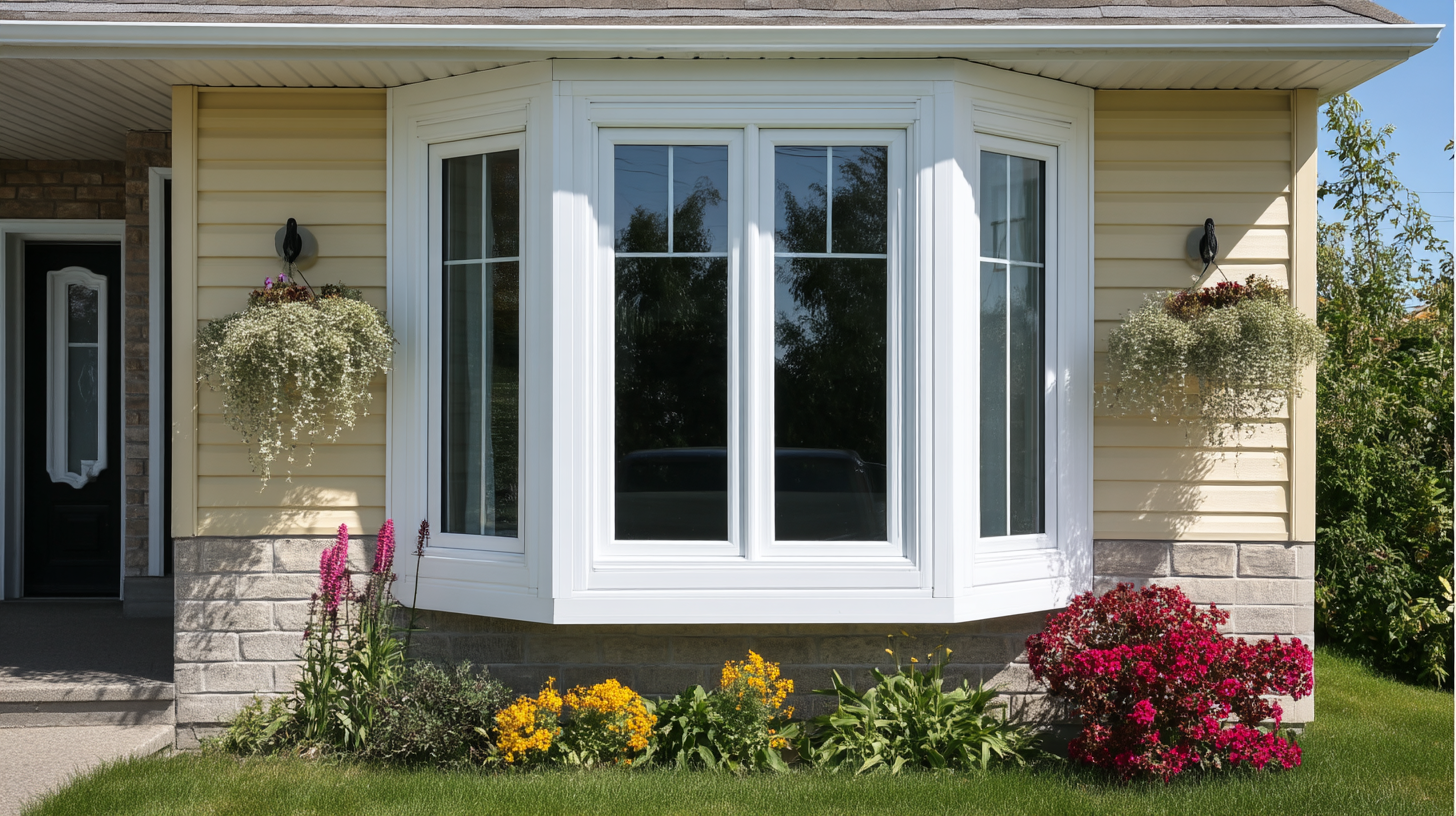
Compared to fiberglass windows or wood windows, vinyl windows offer a lower upfront cost and consistent performance. Buyers appreciate energy savings and low maintenance, making vinyl a compelling choice.
New windows improve aesthetic appeal and comfort, helping attract potential buyers and enhancing home value.
Premium vinyl window brands often include generous warranties covering vinyl window frames and performance. With proper maintenance, you’ll enjoy decades of reliable service and energy savings.
Quality vinyl windows typically last 20 to 40 years, and with excellent care and conditions, can reach 50 years.
Factors include material quality, proper installation, local climate, and maintenance requirements.
Vinyl is more energy efficient and low maintenance than wood or aluminum. Fiberglass lasts longer but costs more. Vinyl is often the most balanced choice.
Yes, vinyl windows are naturally insulative and perform very well in energy efficiency, especially when fitted with double‑pane or low‑E glass.
Generally, casement windows and double hung designs mate well with quality vinyl frames, offering excellent durability and ease of maintenance.
Most homeowners will find that durable, high quality vinyl windows provide the perfect blend of energy efficiency, longevity, and affordability. They save on energy bills, require minimal upkeep, resist moisture damage, and can last for decades with care.
When it’s time for window replacement, choosing best vinyl windows plus proper installation gives you peace of mind, lower high energy bills, added comfort, and increased home value.
Ready to see how long your vinyl windows can last in your home? Contact Pro Superior Construction today for a free estimate, expert advice, and installation, and experience the long-term benefits of vinyl windows done right.